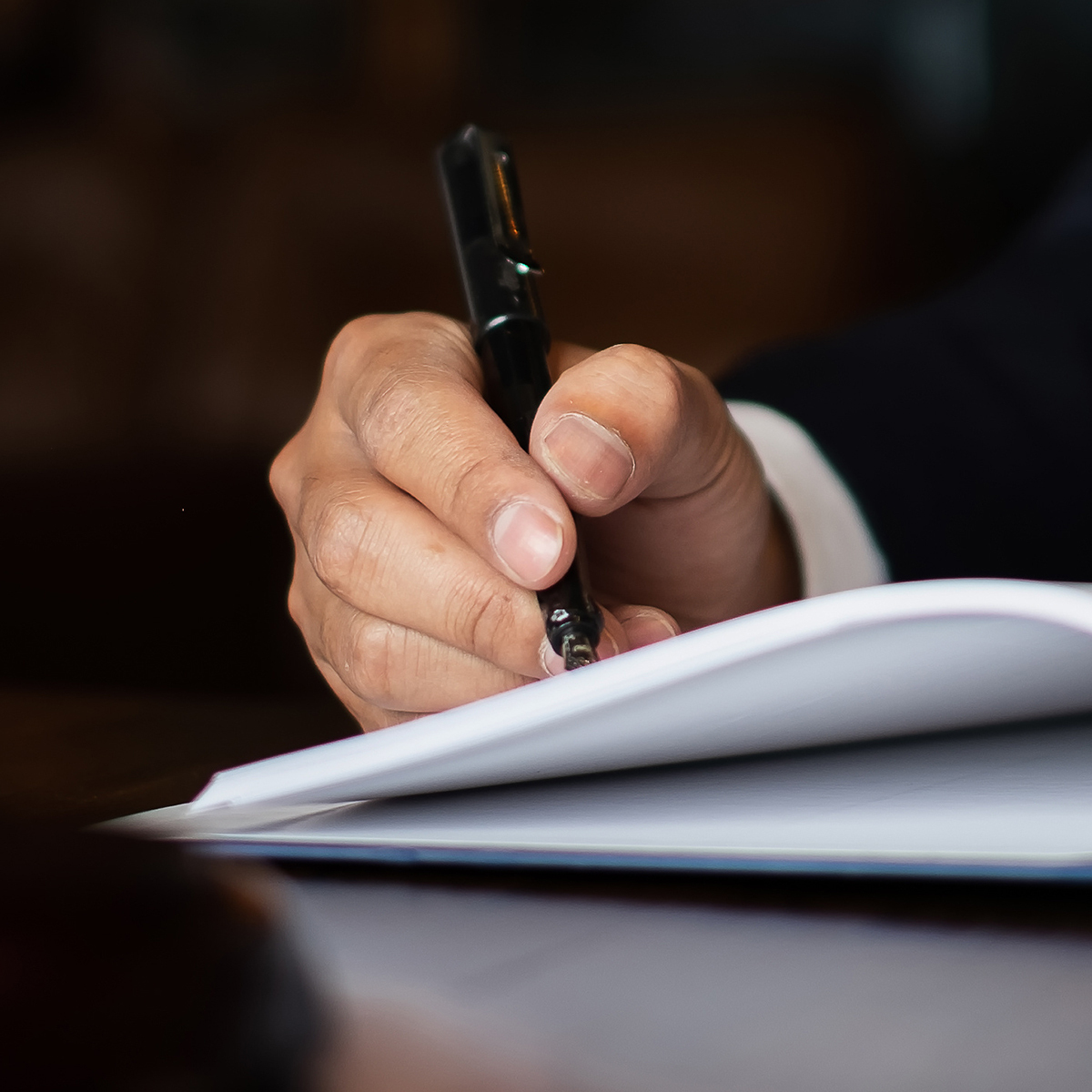This is no way to live. These are not the full rights guaranteed by the U.S. Constitution.
- Two-thirds of Muslims in America report having experienced Islamophobia.
- 90% say that anti-Muslim hatred has affected their well-being.
- About 20% of Muslims in the United States have had a personal experience with government surveillance.
Dealing with Watchlists puts you in limbo, neither here nor there. Muslims in the United States are living in fear, targeted by their government when they should be protected.
We’re working to take this issue to the Supreme Court. In the meantime, we’re working on Freedom of Information Act (FOIA) requests, fighting to get valuable information for our clients.
Here’s what the Department of Justice says about the Freedom of Information Act (FOIA): “Since 1967, the Freedom of Information Act (FOIA) has provided the public the right to request access to records from any federal agency. It is often described as the law that keeps citizens in the know about their government.”
Our CLCMA attorneys explain it this way: “A healthy democracy requires government transparency. Congress codified this concept in the Freedom of Information Act (“FOIA”) in 1966. The Act allows citizens to learn what their government does and how it affects them in most situations. All fifty states and the District of Columbia subsequently passed their freedom of information/open government laws. FOIA and state-level open government laws ensure access to information about how our government works. This access remains crucial to holding politicians accountable, dating back from the Cold War to the War on Terror. But FOIA only works when government agencies follow its requirements. Unfortunately, many agencies use the exemptions permitted in the statute as a shield to avoid releasing records they should release.
Like many Muslims in America, many of our clients find themselves singled out for additional security screening when traveling. Several of our clients found they were on the No Fly List. The federal government acknowledges the existence of the Terrorist Screening Dataset (commonly known as the Terrorist Watchlist) and the subset No Fly List. The government will not reveal, however, the standards it uses to add people to the Watchlist. Nor will the government inform people whether they are on the Watchlist or provide them with a process to get off the Watchlist. The government must at least confirm whether an individual is on the No Fly List upon that person’s request; this only became a requirement after litigation challenging earlier refusals. Even people on the No Fly list have little opportunity to challenge that placement. People may find themselves on the No Fly List or Terrorist Watchlist based solely on frequent travel to Muslim-majority countries, including travel for religious pilgrimages or to visit family members.
Others have found themselves on the Terrorist Watchlist because they engage in local religious communities or fundraise for American-based charities that help other American Muslims.”
The Freedom of Information Act (FOIA) is just one tool that we’re using to chip away at the brick wall standing between us and our full rights as Americans under the Constitution.
Here are some examples:
- Client A: Our team of attorneys submitted a FOIA request to a federal government agency. We received valuable documents about our client, which included crucial clues about the cause of Client A’s undue travel delays and extra security screenings. Had we not filed this request, we would have struggled to advocate for our client. This information will help us in the legal battle for Client A, alhamdulilah.
- Client B: This client also faces significant delays and security screenings when traveling. Once, airport security searched each of the pens in Client B’s bag individually, a ridiculous and demeaning process. We submitted a request for information to Customs and Border Protection (CBP). At first, the CBP FOIA office claimed that it had no records available. This seemed doubtful, given the extent of Client B’s interactions with security at U.S. borders. We then appealed the initial determination. The appellate reviewer stated that the FOIA office had not completed a thorough search and sent the request back for reprocessing. We are still waiting on a response to our appeal; however, the acknowledgement of the need for reprocessing indicates that CBP likely has information to provide.
Many government agencies respond to FOIA requests with denials asserting no responsive records exist. Those denials include multiple exemptions, usually without much justification. Our CLCMA attorneys continue to appeal those determinations and advocate for agency transparency. The government would like to preserve secrecy – this allows them to unfairly target and discriminate against people without any need to justify themselves.
We’re shining light on this process. Our role is to ensure transparency. It’s our right to know why our lives are being disrupted, why we’re being treated like citizens on probation. MLFA is your shield against unfair treatment, and we won’t give up until we achieve the safety and protection we deserve.
Sources:
Majority of US Muslims have experienced Islamophobia, poll finds | Middle East Eye
The Freedom of Information Act (state.gov)
FOIA.gov – Freedom of Information Act
Haisam Elsharkawi. One Step from the Supreme Court – MLFA
Reunited with Loved Ones – MLFA
Dr. Magassa. I Have the Right to Know Why – MLFA
Are you saying that being Muslim is a sign of mental illness? – MLFA

